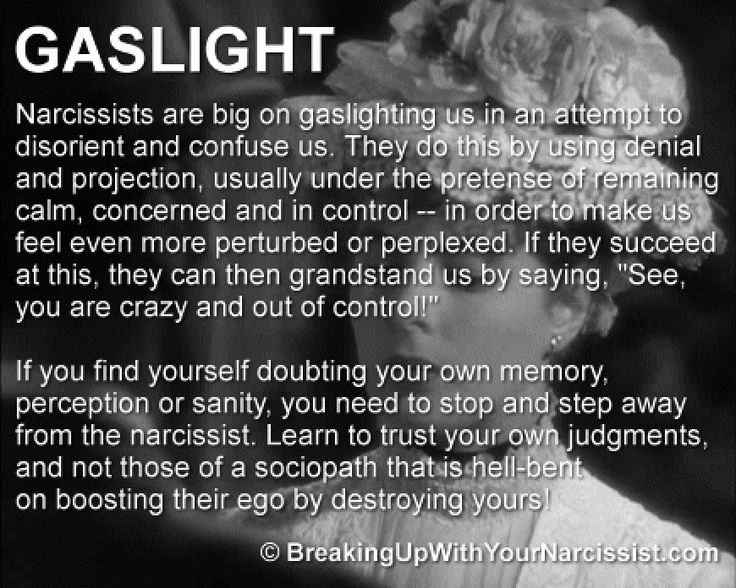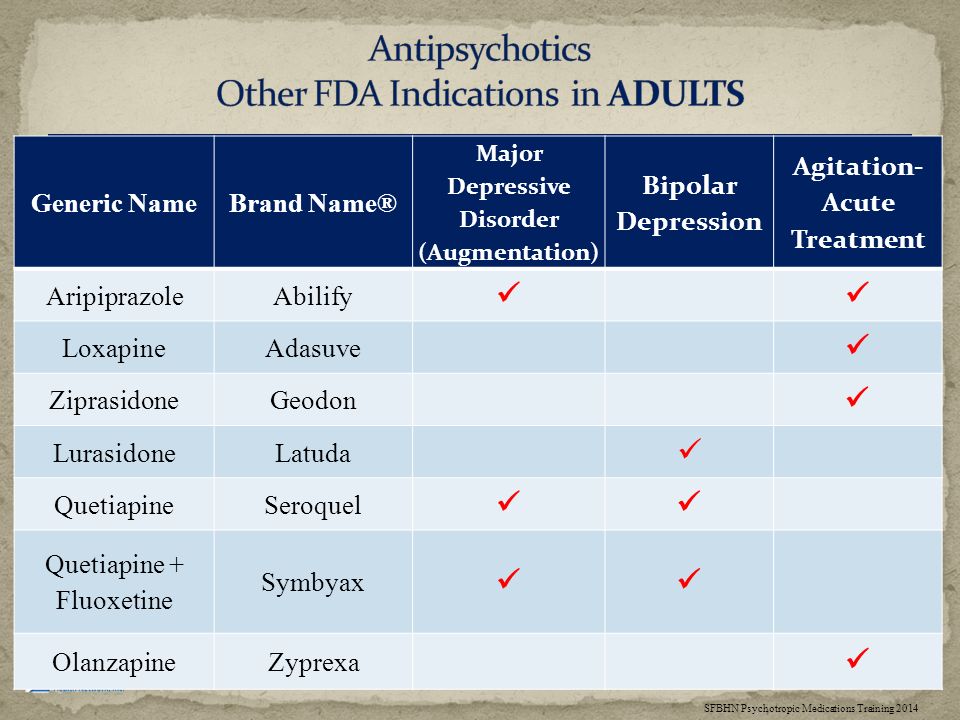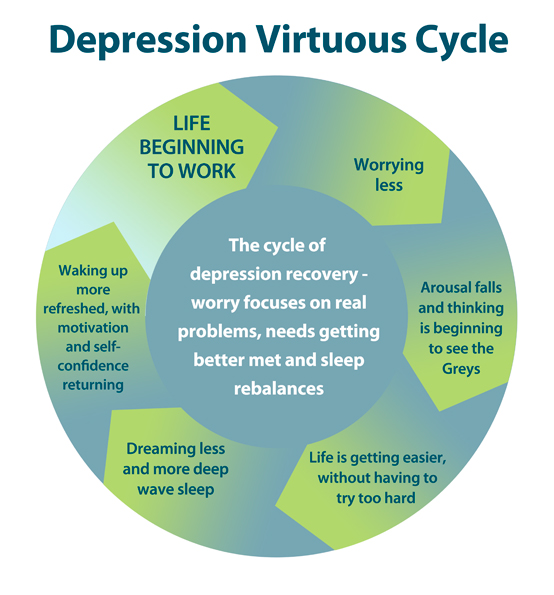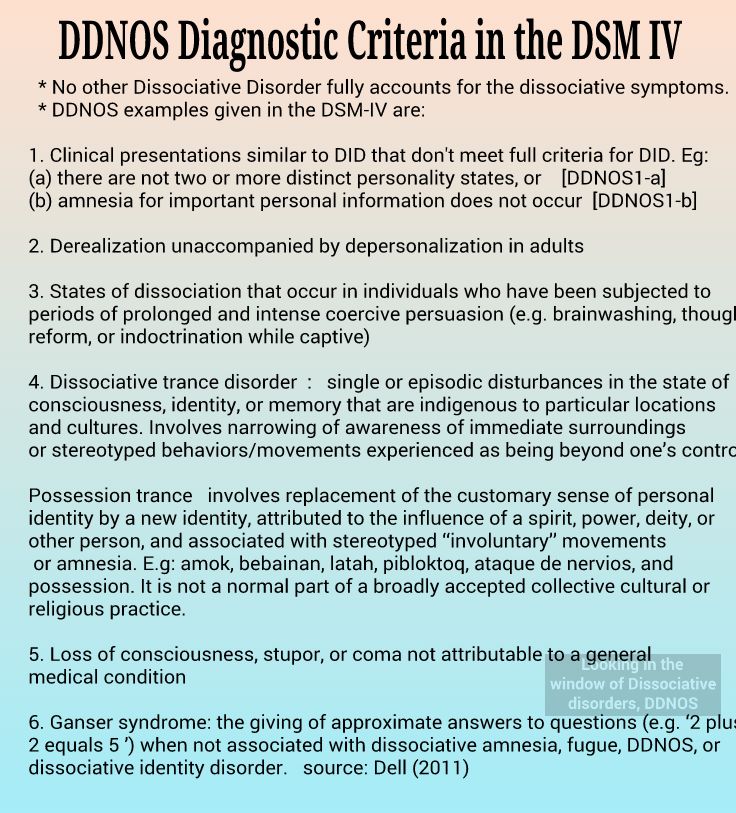Narcissistic spouse cheating
Why Narcissists Have Affairs And Cheat On Their Spouses
Narcissists cheat on their spouses, commit adultery and have extramarital affairs and liaisons for a variety of reasons which reflect disparate psychodynamic processes.
The Psychodynamic Process Enables Cheating
- In the quest for narcissistic supply, the somatic narcissist resorts to serial sexual conquests.
- Narcissists are easily bored (they have a low boredom threshold) and they have a low tolerance for boredom. Sexual dalliances alleviate this nagging and frustrating ennui.
- Narcissists maintain an island and focus of stability in their life, but all the other dimensions of their existence are chaotic, unstable, and unpredictable. This “twister” formation serves many emotional needs which I expound upon
elsewhere. Thus, a narcissist may be a model employee and pursue a career path over decades even as he cheats on his wife and fritters their savings away.
- Narcissists feel superior and important and so entitled to be above the law and to engage in behaviors that are frowned upon and considered socially unacceptable in others.They reject and vehemently resent all limitations and conditions placed upon them by their partners. They act on their impulses and desires unencumbered by social conventions and strictures.
- Marriage, monogamy, and child-bearing and rearing are common activities that characterize the average person.The narcissist feels robbed of his uniqueness by these pursuits and coerced into the relationship and into roles – such as a husband and a father – that reduce him to the lowest of common denominators.This narcissistic injury leads him to rebel and reassert his superiority and specialness by maintaining extramarital affairs.
- Narcissists are control freaks. Having a relationship implies a give-and-take and a train of compromises which the narcissist acutely interprets to mean a loss of control over his life.
 To reassert control, the narcissist initiates other relationships in which he dictates the terms of engagement (love affairs).
To reassert control, the narcissist initiates other relationships in which he dictates the terms of engagement (love affairs). - Narcissists are terrified of intimacy. Their behavior is best characterized as an approach-avoidance repetition complex. Adultery is an excellent tool in the attempt to retard intimacy and resort to a less threatening mode of interaction.
Somatic & Cerebral Narcissists
Broadly speaking, there are two types of narcissists, loosely corresponding to the two categories mentioned in the question:
- Somatic Narcissist
- Cerebral Narcissist
Narcissists are misogynists. They hold women in contempt, they loathe and fear them. They seek to torment and frustrate them (either by debasing them sexually – or by withholding sex from them). They harbor ambiguous feelings towards the sexual act.
Sex And The Narcissist
The somatic narcissist uses sex to “conquer” and “secure” new sources of narcissistic supply. Consequently, the somatic rarely gets emotionally-involved with his “targets”.
Consequently, the somatic rarely gets emotionally-involved with his “targets”.
His is a mechanical act, devoid of intimacy and commitment. The cerebral narcissist feels that sex is demeaning and degrading. Acting on one’s sex drive is a primitive, basic, and common impulse.
The cerebral narcissist convinces himself that he is above all that, endowed as he is with superior intelligence and superhuman self-control.
Still, sex for both types of narcissists is an instrument designed to increase the number of Sources of Narcissistic Supply.
If it happens to be the most efficient weapon in the narcissist’s arsenal, he makes profligate use of it.
In other words: if the narcissist cannot obtain adoration, admiration, approval, applause, or any other kind of attention by other means (e.g., intellectually) – he resorts to sex.
The Beginnings Of Cheating
He then becomes a satyr (or a nymphomaniac): indiscriminately engages in sex with multiple partners.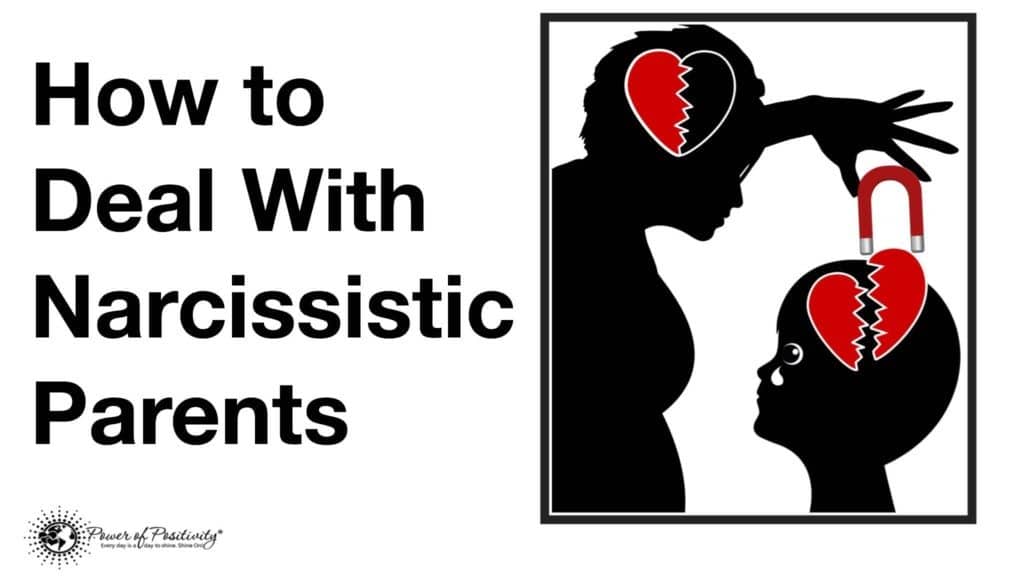 His sex partners are considered by him to be objects – sources of Narcissistic Supply.
His sex partners are considered by him to be objects – sources of Narcissistic Supply.
It is through the processes of successful seduction and sexual conquest that the narcissist derives his badly needed narcissistic “fix”.
The narcissist is likely to perfect his techniques of courting and regard his sexual exploits as a form of art.
He usually exposes this side of him – in great detail – to others, to an audience, expecting to win their approval and admiration.
The Act of Conquest Leads to Partner Hopping
Because the Narcissistic Supply in his case is in the very act of conquest and (what he perceives to be) subordination – the narcissist is forced to hop from one partner to another.
Some narcissists prefer “complicated” situations. If men – they prefer virgins, married women, frigid or lesbian women, etc.
The more “difficult” the target – the more rewarding the narcissistic outcome.
Rationalizing Behavior
Such a narcissist may be married, but he does not regard his extra-marital affairs as either immoral or a breach of any explicit or implicit contract between him and his spouse.
He keeps explaining to anyone who cares to listen that his other sexual partners are nothing to him, meaningless, that he is merely taking advantage of them and that they do not constitute a threat and should not be taken seriously by his spouse.
In his mind a clear separation exists between the honest “woman of his life (really, a saint) and the whores that he is having sex with.
With the exception of the meaningful women in his life, he tends to view all females in a bad light.
His behavior, thus, achieves a dual purpose: securing Narcissistic Supply, on the one hand – and re-enacting old, unresolved conflicts and traumas (abandonment by Primary Objects and the Oedipal conflict, for instance).
Finding the right care
can be difficult.
We make it easier.
Get Help Today
How Narcissists React To Abandonment
When inevitably abandoned by his spouse – the narcissist is veritably shocked and hurt. This is the sort of crisis, which might drive him to psychotherapy. Still, deep inside, he feels compelled to continue to pursue precisely the same path.
Still, deep inside, he feels compelled to continue to pursue precisely the same path.
Depression and Anger
His abandonment is cathartic, purifying. Following a period of deep depression and suicidal ideation – the narcissist is likely to feel cleansed, invigorated, unshackled, ready for the next round of hunting.
RELATED ARTICLE: Alphabetical List Of Mental Disorders
But there is another type of narcissist.
He also has bouts of sexual hyperactivity in which he trades sexual partners and tends to regard them as objects. However, with him, this is a secondary behavior. It appears mainly after major narcissistic traumas and crises.
A painful divorce, a devastating personal financial upheaval – and this type of narcissist adopts the view that the “old” (intellectual) solutions do not work anymore.
He frantically gropes and searches for new ways to attract attention, to restore his False Ego (=his grandiosity) and to secure a subsistence level of Narcissistic Supply.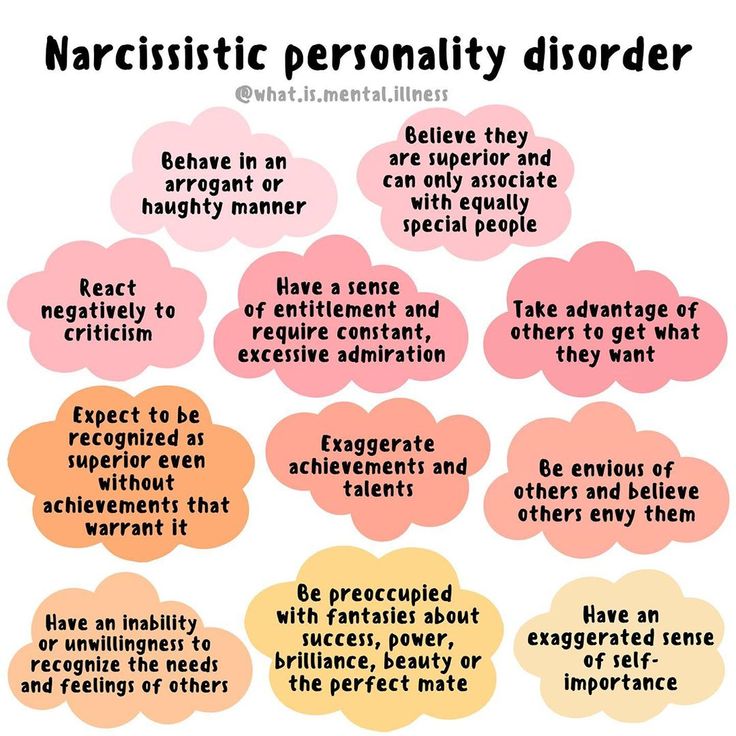
Sex is handy and is a great source of the right kind of supply: it is immediate, sexual partners are interchangeable, the solution is comprehensive (it encompasses all the aspects of the narcissist’s being), natural, highly charged, adventurous, and pleasurable.
Thus, following a life crisis, the cerebral narcissist is likely to be deeply involved in sexual activities – very frequently and almost to the exclusion of all other matters.
Recovery and Isolation from Other Women
However, as the memories of the crisis fade, as the narcissistic wounds heal, as the Narcissistic Cycle re-commences and the balance is restored – this second type of narcissist reveals his true colours.
He abruptly loses interest in sex and in all his sexual partners. The frequency of his sexual activities deteriorates from a few times a day – to a few times a year. He reverts to intellectual pursuits, sports, politics, voluntary activities – anything but sex.
This kind of narcissist is afraid of encounters with the opposite sex and is even more afraid of emotional involvement or commitment that he fancies himself prone to develop following a sexual encounter.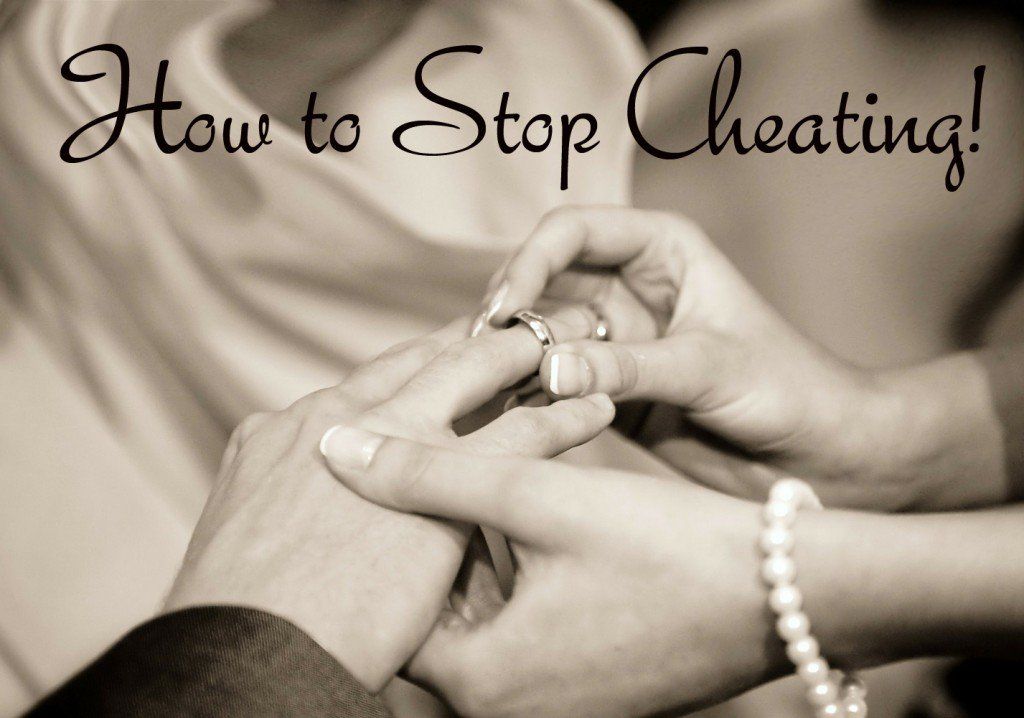
In general, such a narcissist withdraws not only sexually – but also emotionally. If married – he loses all overt interest in his spouse, sexual or otherwise.
He confines himself to his world and makes sure that he is sufficiently busy to preclude any interaction with his nearest (and supposedly dearest).
He becomes completely immersed in “big projects”, lifelong plans, a vision, or a cause – all very rewarding narcissistically and all very demanding and time consuming. In such circumstances, sex inevitably becomes an obligation, a necessity, or a maintenance chore reluctantly undertaken to preserve his sources of supply (his family or household).
The cerebral narcissist does not enjoy sex and by far prefers masturbation or “objective”, emotionless sex, like going to prostitutes.
Actually, he uses his mate or spouse as an “alibi”, a shield against the attentions of other women, an insurance policy which preserves his virile image while making it socially and morally commendable for him to avoid any intimate or sexual contact with others.
Ostentatiously ignoring women other than his wife (a form of aggression) he feels righteous in saying: “I am a faithful husband”.
At the same time, he feels hostility towards his spouse for ostensibly preventing him from freely expressing his sexuality, for isolating him from carnal pleasures.
The narcissist’s thwarted logic goes something like this: “I am married/attached to this woman. Therefore, I am not allowed to be in any form of contact with other women which might be interpreted as more than casual or businesslike.
This is why I refrain from having anything to do with women – because I am being faithful, as opposed to most other immoral men.
However, I do not like this situation. I envy my free peers. They can have as much sex and romance as they want to – while I am confined to this marriage, chained by my wife, my freedom curbed. I am angry at her and I will punish her by abstaining from having sex with her.”
Thus frustrated, the narcissist minimizes all manner of intercourse with his close circle (spouse, children, parents, siblings, very intimate friends): sexual, verbal, or emotional. He limits himself to the rawest exchanges of information and isolates himself socially.
He limits himself to the rawest exchanges of information and isolates himself socially.
His reclusion insures against a future hurt and avoids the intimacy that he so dreads. But, again, this way he also secures abandonment and the replay of old, unresolved, conflicts. Finally, he really is left alone by everyone, with no Secondary Sources of Supply.
The Cycle Begins Again
In his quest to find new sources, he again embarks on ego-mending bouts of sex, followed by the selection of a spouse or a mate (a Secondary Narcissistic Supply Source). Then the cycle re-commence: a sharp drop in sexual activity, emotional absence and cruel detachment leading to abandonment.
The second type of narcissist is mostly sexually loyal to his spouse. He alternates between what appears to be hyper-sexuality and asexuality (really, forcefully repressed sexuality).
In the second phase, he feels no sexual urges, bar the most basic. He is, therefore, not compelled to “cheat” upon his mate, betray her, or violate the marital vows.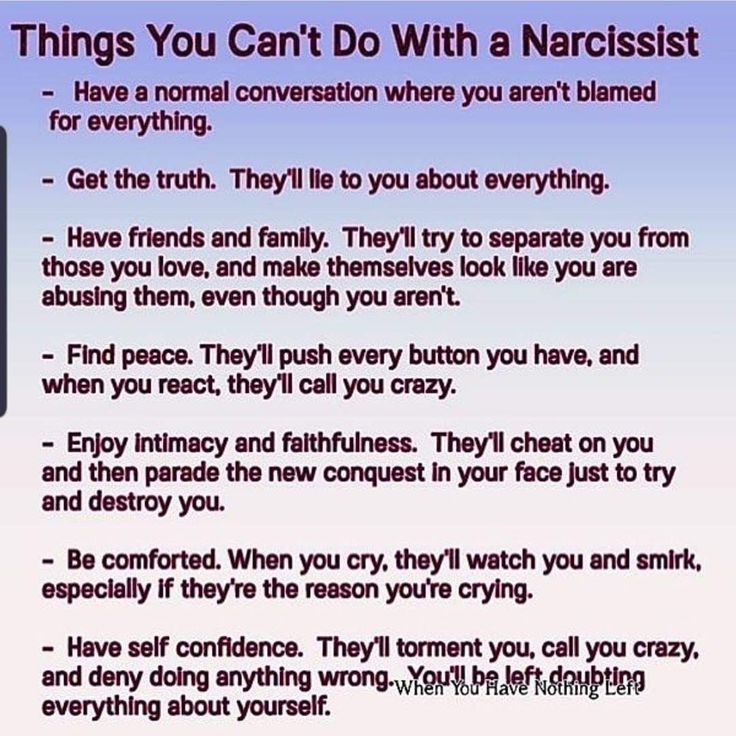
He is much more interested in preventing a worrisome dwindling of the kind of Narcissistic Supply that really matters. Sex, he says to himself, contentedly, is for those who can do no better.
Somatic narcissists tend to verbal exhibitionism. They tend to brag in graphic details about their conquests and exploits.
In extreme cases, they might introduce “live witnesses” and revert to total, classical exhibitionism. This sits well with their tendency to “objectify” their sexual partners, to engage in emotionally-neutral sex (group sex, for instance) and to indulge in autoerotic sex.
The exhibitionist sees himself reflected in the eyes of the beholders. This constitutes the main sexual stimulus, this is what turns him on. This outside “look” is also what defines the narcissist.
There is bound to be a connection. One (the exhibitionist) may be the culmination, the “pure case” of the other (the narcissist).
Sin of self-love possesseth all mine eye
And all my soul and all my every part;
And for this sin there is no remedy,
It is so grounded inward in my heart.
Methinks no face so gracious is as mine,
No shape so true, no truth of such account;
And for myself mine own worth do define,
As I all other in all worths surmount.
But when my glass shows me myself indeed,
Beated and chopp’d with tann’d antiquity,
Mine own self-love quite contrary I read;
Self so self-loving were iniquity.
‘Tis thee, myself, that for myself I praise,
Painting my age with beauty of thy days.
(Sonnet 62, William Shakespeare)
10 Narcissist Cheating Signs & How to Confront Them
In This Article
Do you suspect your partner may be cheating on you? Do they tend to disappear for days on end and not answer your calls until they return? Do they get all accusatory when you confront them about disappearances and unfaithful behavior?
Are they constantly glued to their phone and shady on social media?
As much as you may not want to hear it, you may be dealing with a cheating narcissist.
These are only some of the common narcissist cheating signs. But before exploring them, let’s dig deeper into narcissistic cheater traits and the reasons for infidelity.
Who is a narcissistic person?
Narcissistic people often feel entitled and superior to others and have a massive ego that they need to feed regularly. They crave constant attention and want people to admire them.
They are self-centered, manipulative, and often project their infidelity to their partner.
They feel the need to control their partner, and that power trip isn’t satisfied with just one person. The more people they seduce, the more powerful they feel.
Do narcissists feel remorse for cheating on their partners?
Unfortunately, they don’t.
If they felt any guilt, they would perhaps be able to change their behavior and stop cheating.
No consequence is enough to turn them around because, in their eyes, cheating isn’t anything serious.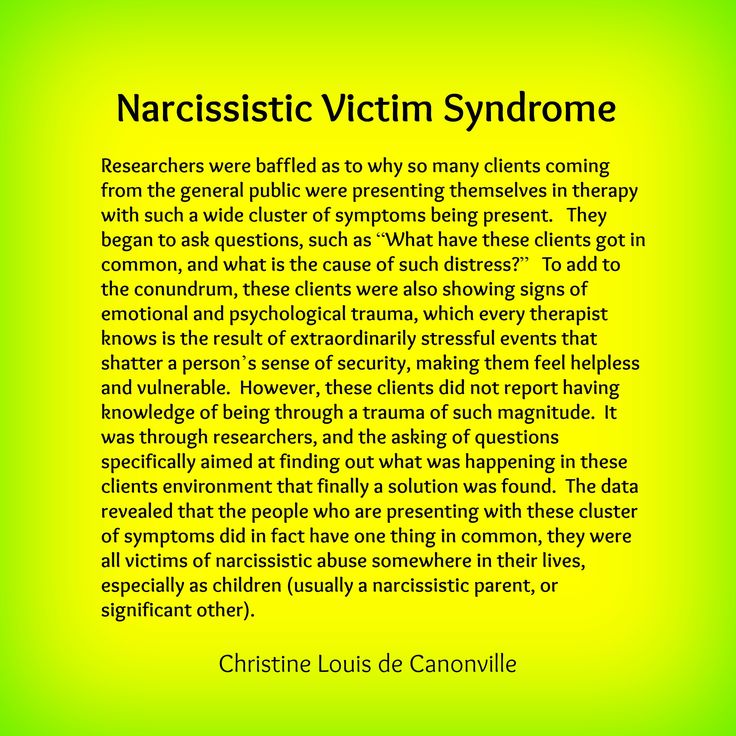 It’s just a way to make them feel better about themselves.
It’s just a way to make them feel better about themselves.
And since they lack remorse for their actions, nothing stops them from doing it again.
Related Reading: Signs You Are Married to a Narcissist
Why do narcissists cheat and lie?
Narcissists often cheat because they have little to no self-control. It’s not usually in their nature to resist the temptation to feed their ego with new sources of attention.
Poor impulse control, a big ego, exaggerated feelings of self-importance, delusions of grandeur, lack of remorse, empathy and shame, and a constant need for narcissistic supply are the key reasons why narcissists lie and cheat on their partners.
Most of all, they simply think they can get away with it.
Now that you have a better idea of why narcissists lie and cheat, you may be wondering:
Do all narcissists cheat on their partners?
Narcissists and cheating often go hand in hand, but you’ll be happy to know that not all narcissists cheat.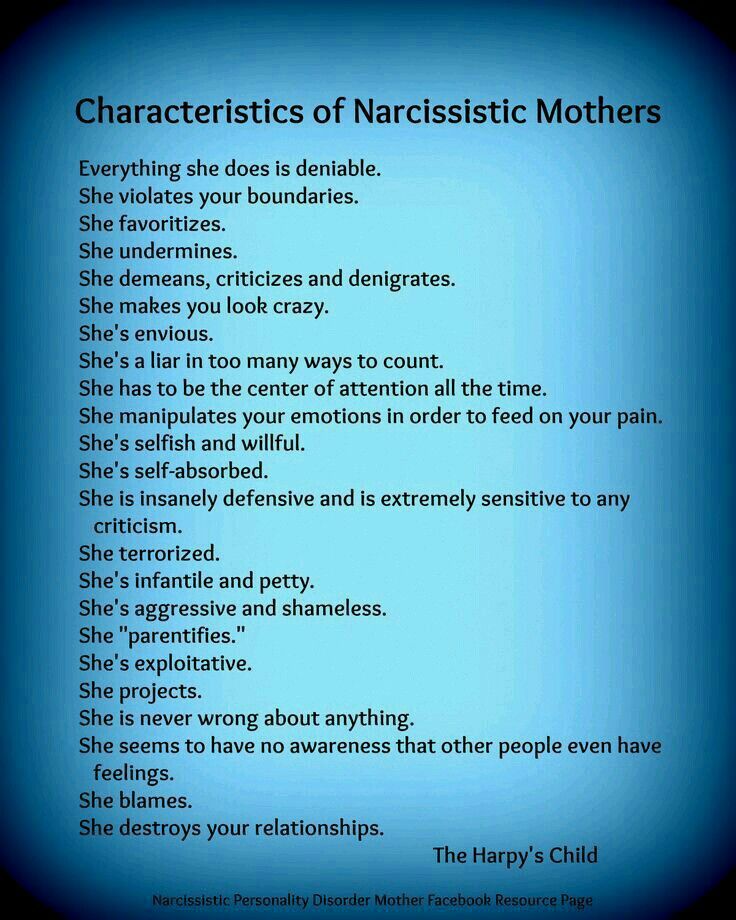
You wouldn’t say that all cheaters are narcissists, would you? The same goes the other way around.
Just because your partner may have some narcissistic cheater traits doesn’t mean that they’re going to sneak behind your back and become unfaithful.
Still, a narcissistic personality disorder (NPD) does make a person more likely to lie and cheat for no good reason and do it repeatedly.
Related Reading: How to Deal With a Narcissist in a Relationship?
10 signs a narcissist is cheating on you
Knowing narcissist cheating signs and how to recognize that your partner may be having an affair can save you a lot of potential pain and heartache.
These are the telltale narcissist cheating signs you should be aware of:
1. Disappearing frequently and being vague about their whereaboutsThe first in the list of narcissist cheating signs is that many cheating narcissists tend to drop off the face of the Earth regularly and not take their partner’s calls for hours or days on end.
Even if you live together, they may not find it difficult to find excuses to go away for several days. They could say they’re visiting a friend or a distant relative that lives in another city.
Obviously, they don’t need to disappear for long periods to have an affair. But if they’re unreachable for hours, they may be seeing someone else.
2. Flirting on social mediaFlirting with someone else on social media may be a sign a narcissist is cheating on you.
You know what they say, “Where there’s smoke, there’s fire.”
If you confront your partner about it, they may say that they’re only friends. However, if they’re publicly flirting on social media, it only means they don’t respect you or care about what you or others might think.
3. Not putting their phone down or letting you anywhere near itOne of the narcissist cheating signs or for anyone, in general, is that when anyone is cheating, they usually communicate with their flings via text messages. That’s why their phone isn’t likely to leave their side. It’s also always password-protected.
That’s why their phone isn’t likely to leave their side. It’s also always password-protected.
If there’s a chance of their fling calling, they’re likely to keep their phone in silent mode and inside their pocket.
4. Accusing you of having an affair“The best defense is a good offense.”
If you accuse your narcissistic partner of having an affair, they’re probably going to deny it, even if it’s true.
But to turn the focus away from their infidelity, they might start accusing you of cheating. Projection is a narcissist’s defense mechanism and clearly one of the narcissist cheating signs that they use to play the victim and throw you off the scent.
5. Sudden changes in behaviorHas your partner started paying much more attention to their hygiene and appearance? Have they started being sneaky and coming home late? Maybe they no longer answer their phone while you’re around?
If you notice any unusual behavior changes that indicate infidelity, and your gut is telling you that something fishy is going on, it may be one of those narcissist cheating signs, and you may be right.
If your partner suddenly seems uninterested in you physically, they may be satisfying their needs elsewhere.
The same is true if they start displaying a higher libido than usual. It may mean that the person they’re cheating you with isn’t currently available, so they turn to you again.
7. Canceling plans frequentlyWhether you’re dating a cheating narcissist or you’re married to one, canceling plans at the last minute may be signs of a narcissist cheating as they’ve made other plans.
They may say it’s because of work or anything else important that came up. While that may be true at times, it screams infidelity if it happens all the time.
8. Avoiding a conversation about their cagey behaviorConfronting a narcissist about lies, cheating, and their cagey behavior only makes them behave shadier. They rarely want to talk things out because they aren’t likely to admit they’re seeing someone else, which is one of the important signs of a cheating narcissist.
If you accuse your partner of cheating, you may give them an excellent excuse to disappear for a while to avoid having a serious conversation.
9. Showering you with gifts out of the blueIf your partner isn’t used to buying you gifts, but they start doing it frequently, they may be trying to throw you off the scent of their unfaithful actions.
Making you feel special all of a sudden is one of the most common manipulation techniques of a narcissist. They make their partners think they’re thoughtful and caring and that they would never cheat on them.
The video below talks about different games narcissists play, like dehumanizing, blame-shifting, etc. Find out more:
If you’re dating a cheating narcissist, you probably don’t have an insight into their spending. But if you’re married to one and discover unidentifiable charges on their credit card, they may be buying gifts for someone else.
But if you’re married to one and discover unidentifiable charges on their credit card, they may be buying gifts for someone else.
Talking about finances are essential in marriage but such signs of a cheating narcissist are true if they insist you switch to separate bank accounts after having a joint account for years.
Related Reading: Can a Narcissist Change for Love?
What happens when you confront a narcissist cheater?
If you notice any of the red flags above and they turn out to be true, it’s important to understand that cheating is not your fault. Most narcissists will cheat on anyone they’re with, especially when the relationship or marriage is already well-established.
It’s also crucial to understand that being cheated on by a narcissist doesn’t mean that you’re less intelligent than they are.
Quite the contrary.
Narcissists often think they’re cleverer than their partners and that they can get away with cheating.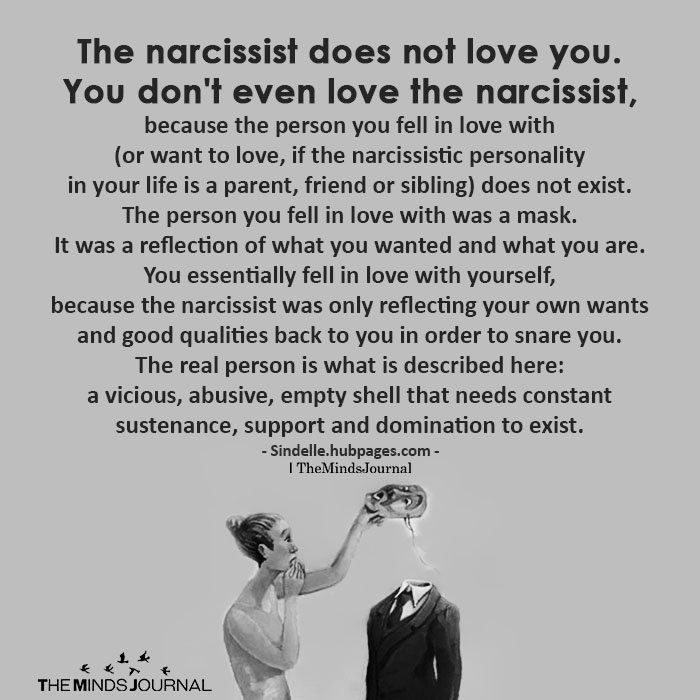 Underestimating their partners is how they make mistakes and get caught.
Underestimating their partners is how they make mistakes and get caught.
Now, confronting a narcissist cheater may not go the way you imagine.
When a narcissist is caught cheating and lying, they often make up a heap of more lies to convince you that they’ve been nothing but faithful. Even if you have evidence of cheating, they’re likely to deny everything and even project their infidelity onto you.
Getting angry and gaslighting you may also be their response.
But what happens when they can no longer deny the evidence? What if you catch them in the act?
Then they might blame you for their cheating.
They may think of a dozen reasons why it was allegedly your behavior that made them seek attention outside your relationship or marriage. Narcissists will say anything to turn the focus away from them and blame it on someone else.
Related Reading: What Revenge Tactics You Can Expect from a NarcissistTakeaway
If you can, try to talk with your partner
These narcissist cheating signs may not always indicate an affair. But if your partner displays those signs, you should have an honest talk with them to try and find out the reasons for their behavior. The way they respond when you confront them should tell you if they’ve been faithful or not.
But if your partner displays those signs, you should have an honest talk with them to try and find out the reasons for their behavior. The way they respond when you confront them should tell you if they’ve been faithful or not.
If you want to work on your relationship, you should see a mental health professional or a relationship counselor to sort things out, especially if the relationship is not an abusive one.
But even if they haven’t been cheating, you may be better off without them. You deserve a loving, caring, and loyal partner who respects you and makes you happy.
Treason and narcissism (He is a businessman, his wife and several mistresses) him. He provides for everyone, provides, sometimes all women know about each other and even communicate.
Some even argue: "Well, he's an alpha male and he can afford it, as nature intended."
Yes, if you look at it from the point of view of evolution, nature and alpha males, then everything is fine there, and for many there is another important argument: “If they live like this, then they like it, and look on Instagram they post happy photos to the envy of everyone ".
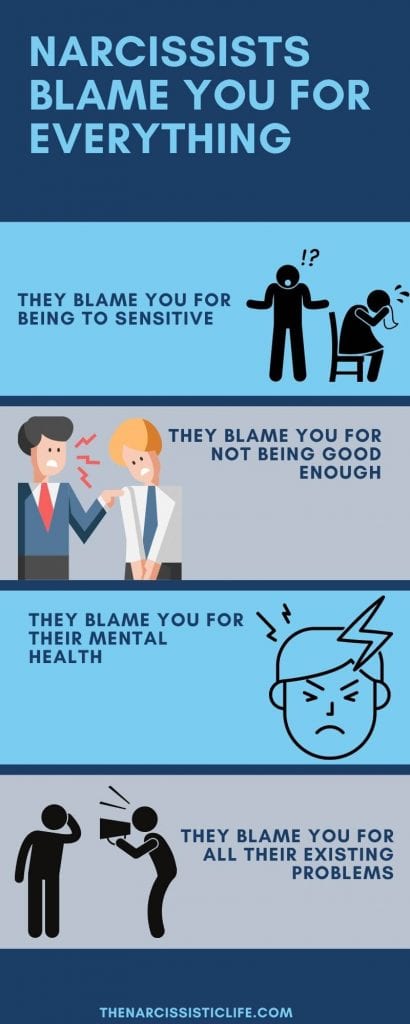
But let me tell you another picture of this "good" from the point of view of the leading accentuation in these men, and the main one is usually narcissistic.
(Character accentuation is the extreme variants of the norm, in which individual traits of character are hypertrophied and manifest themselves in the form of “weak points” in the individual’s psyche - its selective vulnerability to certain influences with good and even increased resistance to other influences).
How to distinguish a narcissist, what is most characteristic of him:
- The narcissist's personality is organized around maintaining self-respect by getting confirmation from outside and this overshadows everything else so that one can consider such a personality to be absorbed only by itself.
- Something is missing in the inner life of such clients - a deep feeling of lack ;
- Concerned about how they are perceived by other people.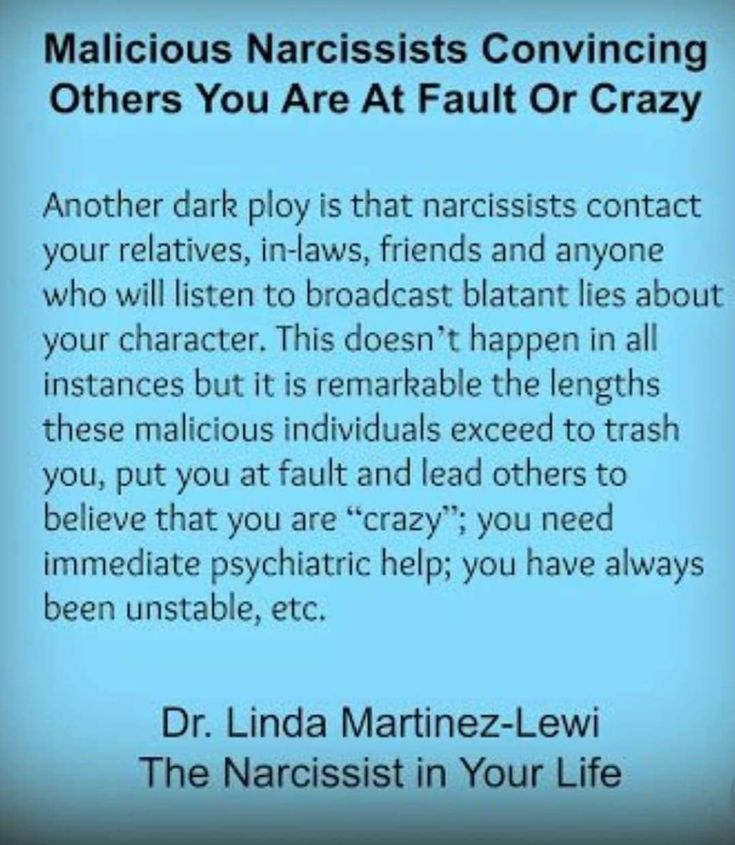 Have a deep feeling that they are deceived and unloved ;
Have a deep feeling that they are deceived and unloved ;
- There is no sense of integrity and continuity of one's own "I", i.e. a disorder of one's own I am from grandiosity to inferiority .
- Every conceited and grandiose narcissist hides a self-conscious, shy child , and every depressed and self-critical narcissist hides a grandiose vision of who this person should or could be;
- a tendency to exhibition style behavior, overestimation of one's own merits, fantasies of omnipotence;
- alienation and emotional unavailability and feeling subjective blank ;
- an inner feeling of fear that they "do not fit" ;
- feeling shame a and weakness and low position;
- need external confirmation in order to feel internal conformity;
- a tendency to condemn others (expressing regret, contempt or criticizing them), which is most often based on envy , depending on their opinions.
- inner feeling of "emptiness" , because in childhood there was no reliance on themselves, on their feelings, and other significant people “knew” what they needed, internal supports of the significance and value of themselves were not formed inside, their values were always outside, not inside them.
How was the childhood , in which this alpha male - daffodil was formed.
His parents were preoccupied with work, prestige, fashion, success, achievements, results. How does the baby feel, what is happening to him, what is his mood - for this they were not there and they practically did not care.
For the formation of a healthy psyche, it is very important for a child to have emotional contact with adults, especially with mom and dad, their love, attention, support, their reflection, i.e. the parent is a mirror for the child in which he can be reflected and through this become aware of himself, understand himself, what is happening to him, what he is, what he does and feels. But if mom and dad are always busy with themselves, their achievements, prestige, then the child intuitively feels where the attention of adults is directed and tries to get their attention at any cost.
But if mom and dad are always busy with themselves, their achievements, prestige, then the child intuitively feels where the attention of adults is directed and tries to get their attention at any cost.
Often these parents' children become their narcissistic extension of . Those. they know where, how and what is “best” for their child. The feelings and desires of the child are devalued, and the desires of the parents are put at the forefront. For example, it is “prestigious” to play tennis in an environment, and parents begin to take the child to tennis, although he is absolutely not interested in him, he would be better off playing football, but no one asks the child’s opinion, no one is interested in what he wants.
His parents constantly produced “ranking” process , they and their child should have the best, while the real advantages and disadvantages could be completely ignored due to prestige concerns.
It is very important and sad that the child grows up as an object and not as a subject i. e. for his parents, his results, success, excellent grades are important, but the price of this, his feelings, state, desires is not important. For example, he goes to sports not because he likes it and wants it, but in order to get first place in the competition, and so that his father would say when he came home: “Well done!”. And when the guests arrived, the father could come up to the shelf with cups and proudly say: “My son won!”.
e. for his parents, his results, success, excellent grades are important, but the price of this, his feelings, state, desires is not important. For example, he goes to sports not because he likes it and wants it, but in order to get first place in the competition, and so that his father would say when he came home: “Well done!”. And when the guests arrived, the father could come up to the shelf with cups and proudly say: “My son won!”.
There was practically no love for the child, but he simply is, the way he is, they paid attention only to successes, and sometimes severely punished for failures, or they could remain silent for weeks and be ashamed of such a “loser” son.
Next to such parents it was impossible to say what one wanted, to declare one's desires, needs and leave them, because if you find hostile and selfish feelings, then this will immediately be followed by either punishment or rejection. It is not possible to be real, oneself, natural. You can only present to others a “person” (according to Jung), what is acceptable and approved by society, and everything that is not convenient goes into the “shadow”.
An atmosphere of evaluation reigned in the family, a child, in order to deserve the attention of his parents, must constantly be good, and even better ideal.
The son grew up for his parents, and not for his own sake. And this is also very important in the future, because. inside, the parents could not form the inner value, significance, growing up already as an adult, he all the time needs the approval of other people. Aspirations and achievements for praise and evaluation by other people, and not your true inner need.
When your wife is a narcissist: 7 dangers in a relationship
“To whom do narcissists usually get attached? To anyone: to parents, children, spouses, friends, even business partners. Narcissists are drawn to anyone who is ready to give them endless attention, admire them, appreciate and love them, ”explains psychotherapist Christine Hammond. The ego of a narcissist requires constant "feeding", so he is looking for someone who is ready to admire and indulge him. For example, for Mary, her husband became such a person.
For example, for Mary, her husband became such a person.
“If a narcissist develops an unhealthy attachment to one of the children, he becomes a favorite, and the rest are almost forgotten. Everything is forgiven to the pet, and the “forgotten” children, on the contrary, are punished for any trifle. Unfortunately for pets, this relationship with their parents can cause them no less harm than their "forgotten" brothers and sisters.
Beloved child and his narcissistic parent merge into one. When such a child grows up and marries, the parent refuses to recognize his husband or wife and constantly tries to destroy their relationship, ”explains the expert.
Using Philip and Mary as an example, consider the seven dangers that await someone who has become the object of a narcissistic attachment.
1. Focus shift
Philip's entire attention was focused on his wife: her wants, needs, thoughts and feelings. When planning anything, he always asked himself: “What will Maria think?” He practically gave up his own thoughts and feelings for the sake of his wife.
2. Loss of individuality
Mary's attachment to Philip was so strong that she considered him as her extension. There are no personal boundaries in such relationships. Philip thought and felt the same as Mary, and any attempt to show his individuality met with strong resistance and was perceived as a betrayal.
3. Feeling of superiority
At first, the narcissist's affection feels overwhelming. He literally wraps you in love, which can cause a real addiction. At first, Mary constantly praised Philip and did not notice any of his misdeeds and shortcomings. This gave him a false sense of superiority, because Mary was not attached to anyone else as much as to him. Sometimes she moved away from him for a while, and then they approached again, which only strengthened this feeling.
4. Feeling rejected
And yet, in those periods when his wife moved away, Philip felt rejected. She either ignored him, or constantly lashed out at him: she cursed him, threatened to abandon or break things dear to him. She always had her own version of events, and in order to keep peace in the family, her husband agreed with her, took responsibility for what he did not do, and begged her to stay. Even after reconciliation, this feeling of rejection persisted, and there was a fear that everything would happen again.
She always had her own version of events, and in order to keep peace in the family, her husband agreed with her, took responsibility for what he did not do, and begged her to stay. Even after reconciliation, this feeling of rejection persisted, and there was a fear that everything would happen again.
5. Life in constant tension
Philip literally had to walk on tiptoe next to Maria. He had to constantly adjust to her mood, otherwise a scandal would have erupted. She was happy - and he was happy, she was sad - he was sad too. Personal boundaries were so blurred that Philip sometimes did not understand where he was and where she was.
6. The risk of becoming a "scapegoat"
Maria never admitted her guilt. She placed the responsibility for her misdeeds and mistakes on her husband, who became a "scapegoat". She never apologized, but she made him apologize for every little thing. Philip began to think that he was a terrible person.
7. Fear of provoking a scene of jealousy
Philip could not communicate with friends without Mary's approval.